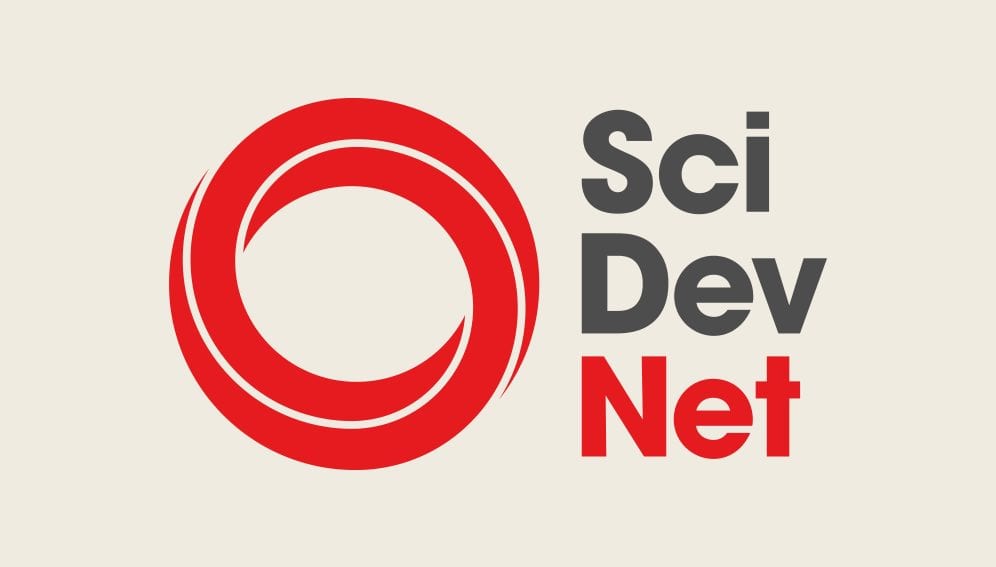By: Arlen Hastings
Send to a friend
The details you provide on this page will not be used to send unsolicited email, and will not be sold to a 3rd party. See privacy policy.
African governments must invest in science training — but they don’t have to go it alone, says Arlen Hastings.
Africa so often seems captive to its own contrasts: poverty and disease amid rich natural resources; hunger amid plenty. Just as striking is the contrast between what is and what could be: the unrealised human potential is both a terrible waste and a tremendous opportunity.
This is especially true in the sciences. Sadly, many of the people best placed to address Africa’s urgent problems — biologists, chemists, physicians, engineers — go abroad in search of better opportunities. They leave behind under-staffed, under-resourced universities and an upcoming generation of would-be scientists with too few mentors.
Donors have been working for decades to mitigate the problem through programmes to support African universities and individual researchers, and there has been some progress. But unless African governments provide adequate resources to train scientists and engineers in their own universities, improvement will be unacceptably slow and Africa will continue to lose some of its most capable citizens.
RISE to the challenge
A new foundation-supported programme is helping address this issue, at least on a modest scale. The Regional Initiative in Science and Education (RISE) trains African post-graduate scientists and engineers to staff universities in their home countries and guide the next generation. Managed by the Science Initiative Group at the Institute for Advanced Study, New Jersey, United States in partnership with the African Academy of Sciences, RISE has five networks across topics including materials science and natural products chemistry.
Students benefit from complementary instruction and research opportunities available at different institutions in the network and each institution is strengthened through affiliation with the others.
A US$4.9 million grant from Carnegie Corporation of New York funds RISE. It also has strong support from the fifteen African universities and research institutes involved, all of which contribute some of their own resources. Some RISE networks have relationships with industry and are establishing links with American universities.
But to be sustainable and scalable, RISE cannot rely on foundation support alone. Until more African governments back up their pro-science, pro-education rhetoric with action, capacity-building initiatives will remain perilously dependent on foreign aid and Africa’s potential will remain unfulfilled.
Actions speak louder than words
African leaders acknowledge that adequate resources for training university scientists are essential for development. The Addis Ababa Declaration on Science, Technology and Scientific Research for Development, signed by African Union Heads of State in January 2007, states that: “We…reaffirm…our common objective to advance the development of the continent by promoting research in all fields, in particular in science and technology.”
The signatories also pledge to “ensure the enhanced role and the revitalisation of African universities and other African institutions of higher education, as well as scientific research institutions, so that they can play an effective role as loci of science, technology and engineering education and development.”
It is not very difficult for a group of people to come together and agree that something is important. The challenge is in the implementation.
The Millennium Science Initiative (MSI) in Uganda offers a useful model for effective cooperation among African governments and universities, donor agencies, and the international scientific community (see ‘US$30m ‘millennium science initiative’ for Uganda‘).
Initiated by African scientists and colleagues around the world, and designed by the Ugandan government in collaboration with the World Bank, the MSI is a science capacity-building program tailored to Uganda’s development needs. The programme, supported by World Bank and country counterpart funds, addresses some of the challenges in Uganda’s strategy for science and technology. These include producing graduates with the science and engineering skills the labour market needs, strengthening graduate education and increasing links between universities and the private sector. The Uganda MSI is embarking on its third annual competition and is widely regarded as a success.
Other countries could replicate this collaborative model. The essential elements are a national commitment to develop a science and technology strategy, involvement of a development bank or other agency with the expertise and resources to help implement it, and input from active scientists in Africa and abroad.
For any regional programme, including RISE, to be sustainable, it is not enough for just one country to buy in — multiple countries will need to make a commitment to science, technology, and education.
The challenges are great, but so are the opportunities. African university faculty and students want to be able to thrive professionally in their home countries. The international scientific community is keen to contribute and development agencies can provide strategic guidance.
African governments alone cannot solve their countries’ development challenges, but they can and should play a central role. Friends are standing by, ready and eager to help.
Arlen Hastings is executive director of the Science Initiative Group at the Institute for Advanced Study, New Jersey, USA.














